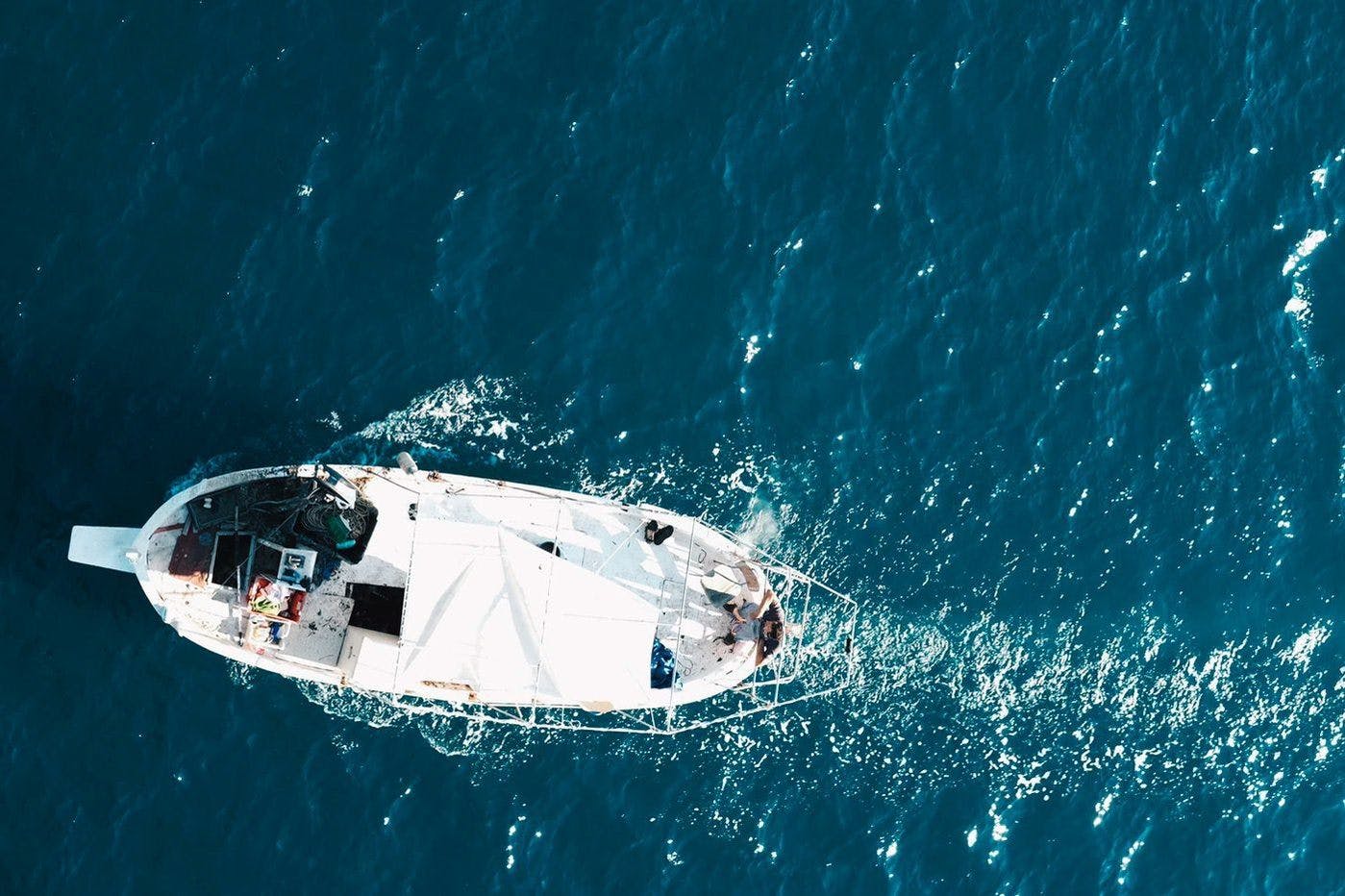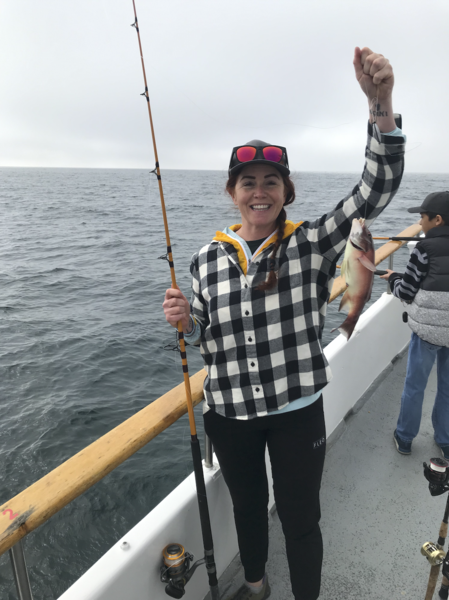
Seven Reasons Why Going Outside is Good for Your Kids
Jessica Danger
about 3 years ago
It shouldn’t come as a surprise that spending time outside benefits children. At BUBS, we know that a life full of adventure is a life well spent. (Did you know we actually have the word rabble-rouser in our mission statement? Oh, we do. We do.) As someone who grew up pre-handheld devices, I was constantly told to go outside and find something to do. This is no longer the norm. According to a survey conducted by the National Trust in the U.K., kids today spend about half as much time outside as their parents did.
Ouch.
But recent studies show that kids who spend more time outside exhibit higher levels of self-confidence and creativity. Which is why this year one of my resolutions was to get outside more with my sons. We recently took a day-long fishing trip, targeting local sea bass in our area. As well equipped for the outdoors as I generally am, this was my first deep-sea fishing excursion, and I was about to take my ten-year-old. Never fear, an able and willing deckhand was near. But we’ll get there. (Brace yourself for a pop quiz, dear reader.)
But first, here are seven reasons why kids being outside is important.
1. It builds confidence. When you let your kids loose outside, they must decipher their own system of structure. Think of all those games of tag. You first set parameters, outlining where your boundaries are and where the “Safe” spot is. This is world building at the hands of your kids, and they get to practice that on their own when they are outside. 2. It promotes creativity. When kids are allowed to play without structure, they can interact in a more meaningful way with their surroundings. We call this pretending. 3. It helps build character. When kids go out to hike or camp, or work in a community garden, they become partially responsible for that area. Take your kids hiking and teach them about “leave no trace.” Let them see what happens if they don’t water their row in the garden or if they kick a red ant mound. Natural consequences are sometimes best learned in nature. 4. It’s literally stimulating. The senses, whether your child realizes it or not, are literally more stimulated outside. This is different from playing inside where video games and YouTube are designed to engage the senses and then overwhelm them. Richard Louv, author of the book Last Child in the Woods: Saving Our Children From Nature-Deficit Disorder, warns, “As the young spend less and less of their lives in natural surroundings, their senses narrow and this reduces the richness of human experience.” 5. It gets kids moving. With childhood obesity on the rise, all activity is helpful in the grand scheme of things. Since 1970, the percentage of children and adolescents affected by obesity has more than tripled. In 2016, one out of every five children was obese. Just something as simple as whipping up a collagen smoothie and taking a ten minute walk outside with your child can help. 6. It teaches children to adjust to their environment. When kids are playing outside, they learn how to intuitively adjust to a pack mentality. Think of the game Follow the Leader in which the goal is to take turns learning how to lead and how to follow. 7. It teaches them how to take direction from people other than you. And this brings us back to your pop quiz: What did I take my kids on?
A deep-sea fishing trip.
Did I mention I don’t know how to fish? Or that my youngest gets seasick? So, here’s what we did.

We told the deckhand, Stan (he is the newfound love of my life, dear Deckhand Stanley, savior of Sunday fishing trips) that we didn’t have one iota of knowledge as to what we were doing. And, get this, he spent the rest of the day helping us.
He taught us how to set our weights and hooks, how to cast, how to hook and reel. He took a liking to my ten-year-old, as that was the age he was when he started fishing. Every time I looked for Stan that day, he already had an eye on us, no matter where he was on that boat.
So, for the next part of the day we followed Stan’s lead. At the end of the day, everything we caught had to be released because it was out of season. But the gentleman that had the jackpot catch that day had it cleaned and filleted, making sure my son watched as they did it, and gave it to him as a gift. We have another excursion booked for a few weeks, with Stan, in which we plan to see how much we can do on our own, under Stan’s watchful eye of course.
But my point is this: It’s okay to not know what you’re doing. It’s okay to tell your kids that, too. Make sure you account for safety (I knew ahead of time that there would be a deckhand to help) but show your kids what it's’ like to get out there and learn new things.
And, pro-tip: If you want to hear all your ten-year-olds secrets, take him fishing. You won’t regret it, fish guts and seasickness and all.